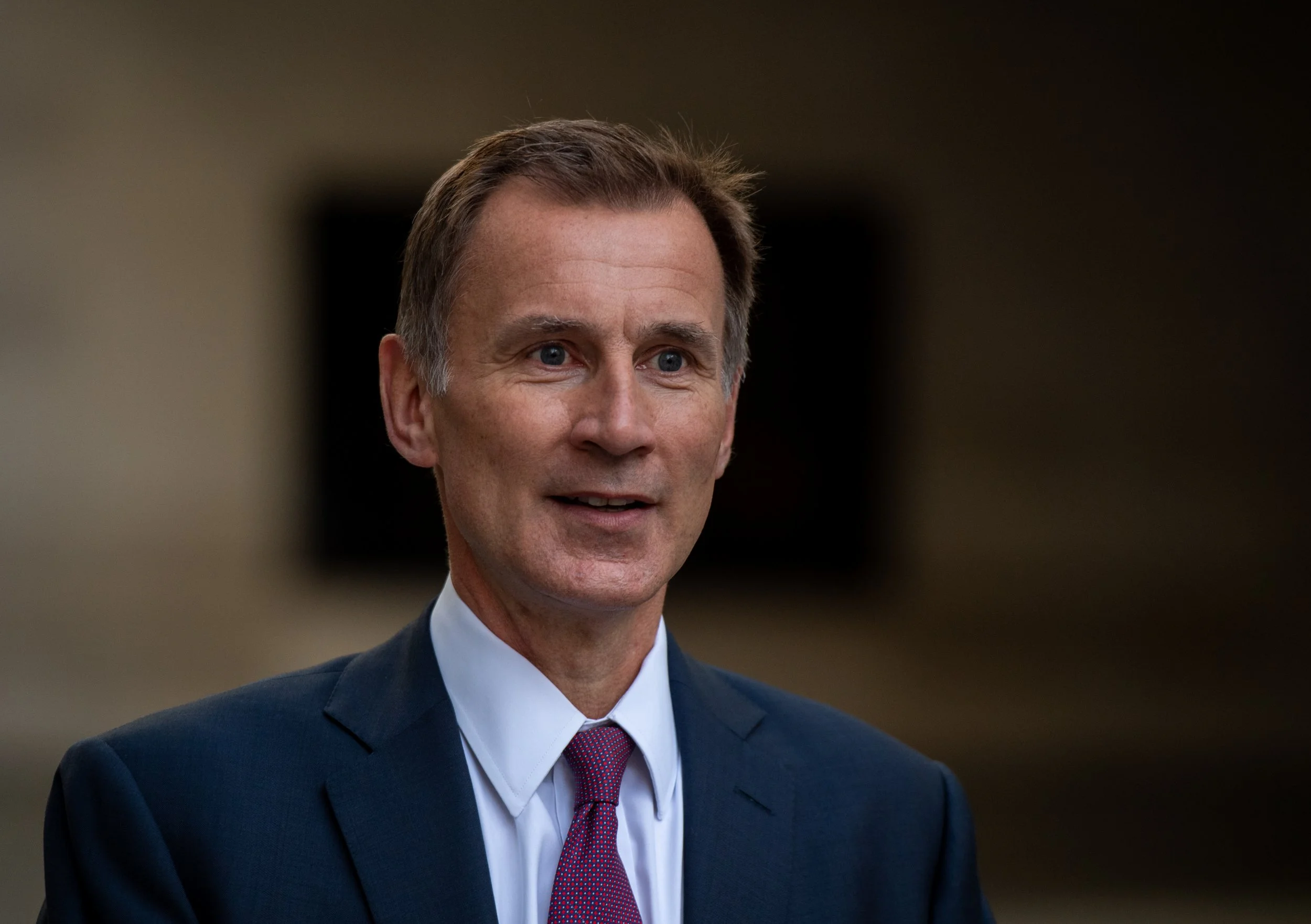The Government’s intake from inheritance tax (IHT) has climbed to £6.3bn in the 2023/24 tax year, new HMRC figures have shown.
This total, for the period since April last year to the end of January 2024, is around £400m more than the total figure for IHT receipts in the same period a year earlier.
In 2022/23, the Government’s full-year intake from IHT totalled a record £7.1bn for the Treasury, which now looks set to be beaten once again after Office for Budget Responsibility (OBR) forecasts have indicated the tax could raise over £7.5bn for Treasury coffers this time around.
With the Budget also on the horizon in March and Chancellor Jeremy Hunt potentially looking to cut taxes before a General Election later in 2024, rumours about potential reforms or plans to scrap IHT altogether have continued to persist among economic experts.
Group communications director at Just Group, Stephen Lowe, said: “With the Spring Statement looming, the bumper tax-take will no doubt set tongues wagging as to whether the Chancellor will look at cutting IHT.
“We would encourage people to assess the entire value of their estate, including an up-to-date valuation of their property, and familiarise themselves with the IHT thresholds.”
More estates have been dragged into paying IHT because of the nil rate band, also known as the IHT threshold, remaining frozen at £325,000 until at least April 2028. This is the amount up to which an estate has no IHT to pay.
Calculations by Wealth Club have suggested that for those who must pay IHT, the average bill could increase to £238,000 in the 2023/24 tax year, with over 30,000 families having to hand over part of their inheritance to HMRC.
This represents an 11.2% increase from the £214,000 average paid just three years ago, and a 14.2% rise in the number of estates paying the tax.
Investment manager at Wealth Club, Nicholas Hyett, added: “The Government seems to be rowing back on potential tax cuts at the March Budget. And with IHT an ever-growing source of revenue, you can see why the Chancellor might find it difficult to cut this most unpopular of taxes. Any shortfall would mean higher tax or lower spending elsewhere.”
Latest News
-
Residential property transactions fall 24% month-on-month
-
Later life lending loans jump 5.1% in Q4 2025
-
Mortgage Awards 2026: Winners announced
-
FCA outlines proposals to close gaps in borrowers’ credit files
-
St. James’s Place closes 2025 with record FuM
-
Average LTV on UK mortgaged home drops to 59% – IMLA
Mortgage Advice Bureau and AI in the mortgage sector
Chief executive officer at Mortgage Advice Bureau, Peter Brodnicki, and founder and managing director at Heron Financial, Matt Coulson, joined content editor Dan McGrath to discuss how Mortgage Advice Bureau is using artificial intelligence to make advancements in the mortgage industry, the limitations of this technology and what 2026 will hold for the market
Perenna and the long-term fixed mortgage market

Content editor, Dan McGrath, spoke to head of product, proposition and distribution at Perenna, John Davison, to explore the long-term fixed mortgage market, the role that Perenna plays in this sector and the impact of the recent Autumn Budget
NEW BUILD IN FOCUS - NEW EPISODE OF THE MORTGAGE INSIDER PODCAST, OUT NOW

Figures from the National House-Building Council saw Q1 2025 register a 36% increase in new homes built across the UK compared with the same period last year, representing a striking development for the first-time buyer market. But with the higher cost of building, ongoing planning challenges and new and changing regulations, how sustainable is this growth? And what does it mean for brokers?
Does the North-South divide still exist in the UK housing market?

What do the most expensive parts of the country reveal about shifting demand? And why is the Manchester housing market now outperforming many southern counterparts?
In this episode of the Barclays Mortgage Insider Podcast, host Phil Spencer is joined by Lucian Cook, Head of Research at Savills, and Ross Jones, founder of Home Financial and Evolve Commercial Finance, to explore how regional trends are redefining the UK housing, mortgage and buy-to-let markets.
In this episode of the Barclays Mortgage Insider Podcast, host Phil Spencer is joined by Lucian Cook, Head of Research at Savills, and Ross Jones, founder of Home Financial and Evolve Commercial Finance, to explore how regional trends are redefining the UK housing, mortgage and buy-to-let markets.
© 2019 Perspective Publishing Privacy & Cookies











Recent Stories